‘Debate but decide quickly,’ says Allied Textiles CEO
16/04/2020
Stewart McGuffie, Group Chief Executive of Allied Textiles, explains his approach to the Coronavirus outbreak and how his business is adapting to the changing environment. He also discusses the need to protect the health of the group’s 210 employees, but also to ensure that there is a viable business for the medium and long term.

I run Allied Textiles, a leading manufacturer of technical textiles that operates from factories in Lancashire and Derbyshire in the UK, and in Quebec in Canada. Our business is made up of four companies – Mayfield Yarns, Mayfield Yarns Canada, William Reed and Coating Applications – which specialise in different areas of synthetic textile production.
Production first started in our weaving operation in 1891 and our business has a long history of adapting, innovating, and investing in new technology: all reasons why we are still successfully manufacturing here in 2020. I have been a non-executive director of UKFT for over 10 years and also hold the office of Treasurer.
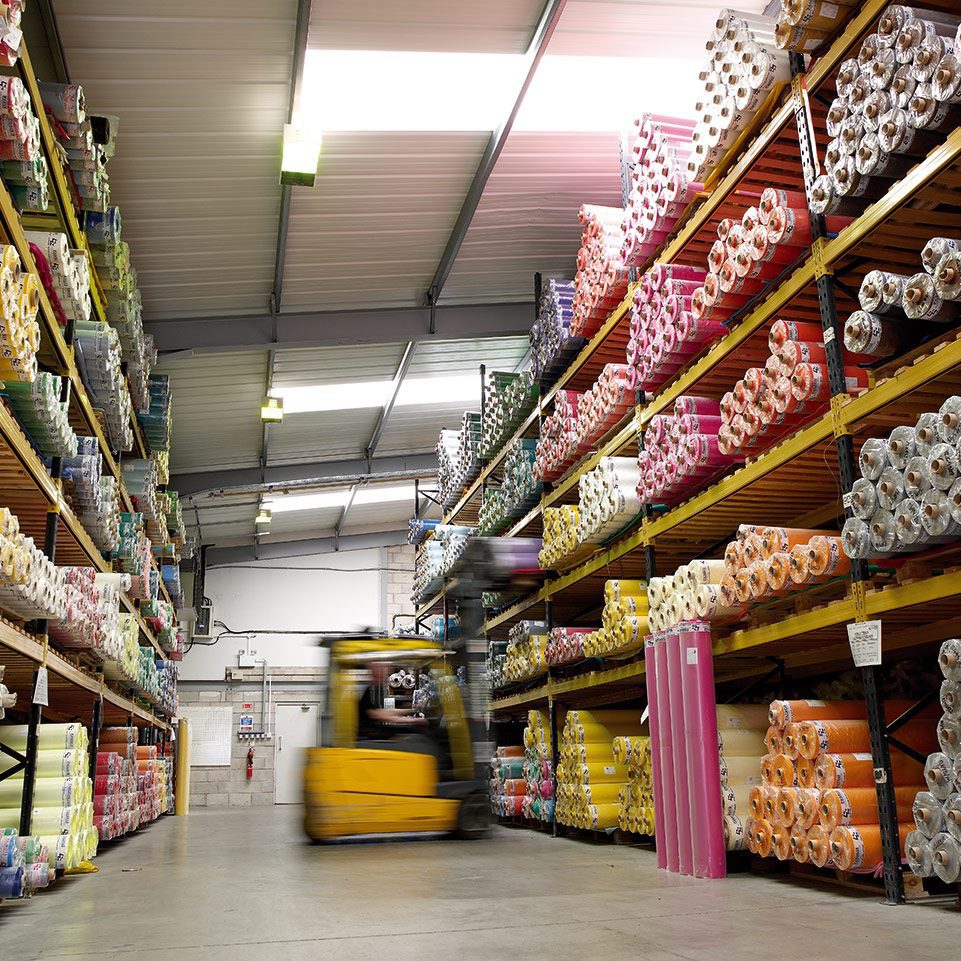
I have been Group Chief Executive since 2007. In that time, I thought I had dealt with most business challenges. The 2008/9 recession was the toughest – at the time, I described it as like doing an “MBA in real time”.
But, the current environment beats anything that we saw in 2008/9 – both in the speed and severity of the changes this has driven, the need to protect the health of all of our 200 employees, but also the challenge to ensure that we have a viable business for the medium and long term.
Thankfully, we benefit from having great people working for us, an excellent relationship with our bank (Lloyds) and strong customer relationships. But, leading a business (or any organisation) in any environment can be a very lonely place. I have a great team of people to debate ideas, but ultimately I have to make the main decisions.
One of UKFT’s benefits is the network that you develop – it is very helpful to talk to people in similar positions in different environments, and this is particularly true of tough times.
Our operations are currently mostly stopped, but with a skeleton staff in each factory to ensure that the business keeps operating. We employ around 210 people, of which 25 or based in Canada, and the rest in the UK. We currently have around 20 people working as we started up at one plant this week to support our automotive business. We’ll be opening up another part of the business on a phased basis over the coming weeks and we are starting to hear of other manufacturing firms that are doing similar things.
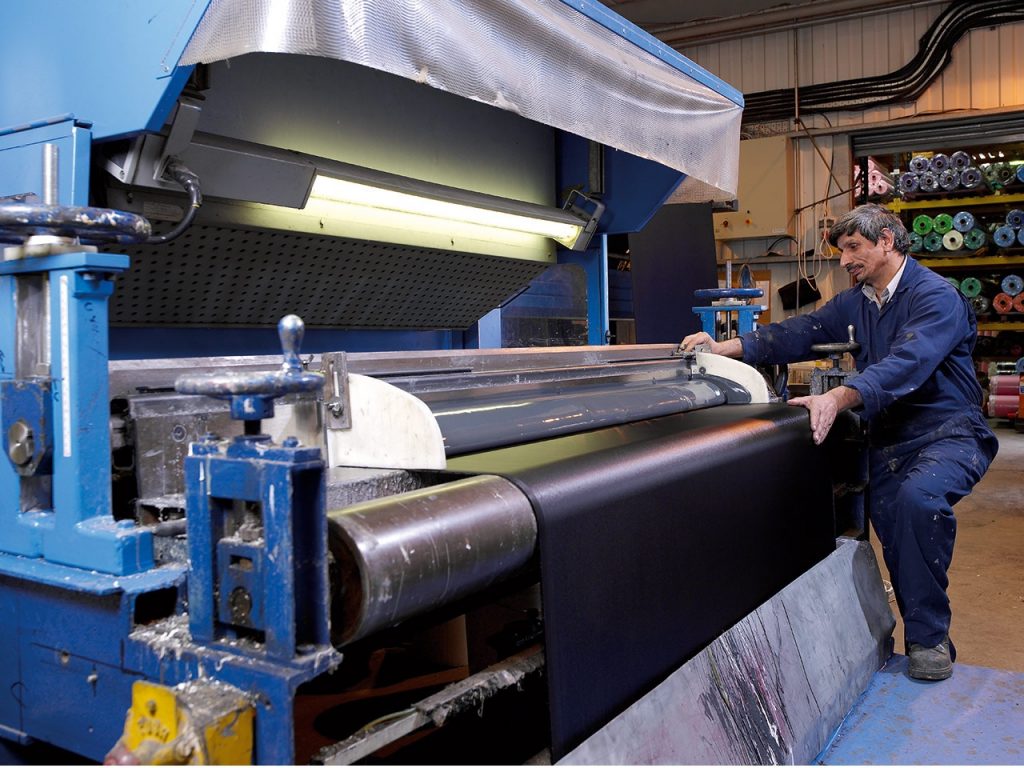
In most cases we have big machines and people don’t work very close to each other. Where they do, we are looking for solutions before we start those machines – this is likely to take longer and we’ll have to live with that.
Our employees were broadly relieved when we stopped manufacturing and now, generally, they understand the furlough scheme and appreciate getting a solid income given the situation. Like many others, we are all holding our breath for when the money comes in from HMRC.
Selectively restarting where it is safe to do so seems a good approach, but it does bring its own risks. Our high fixed costs mean running on low sales could be more costly than no sales. However, overriding this is the need to support any demand for the longer term: we need customers when this is all over!
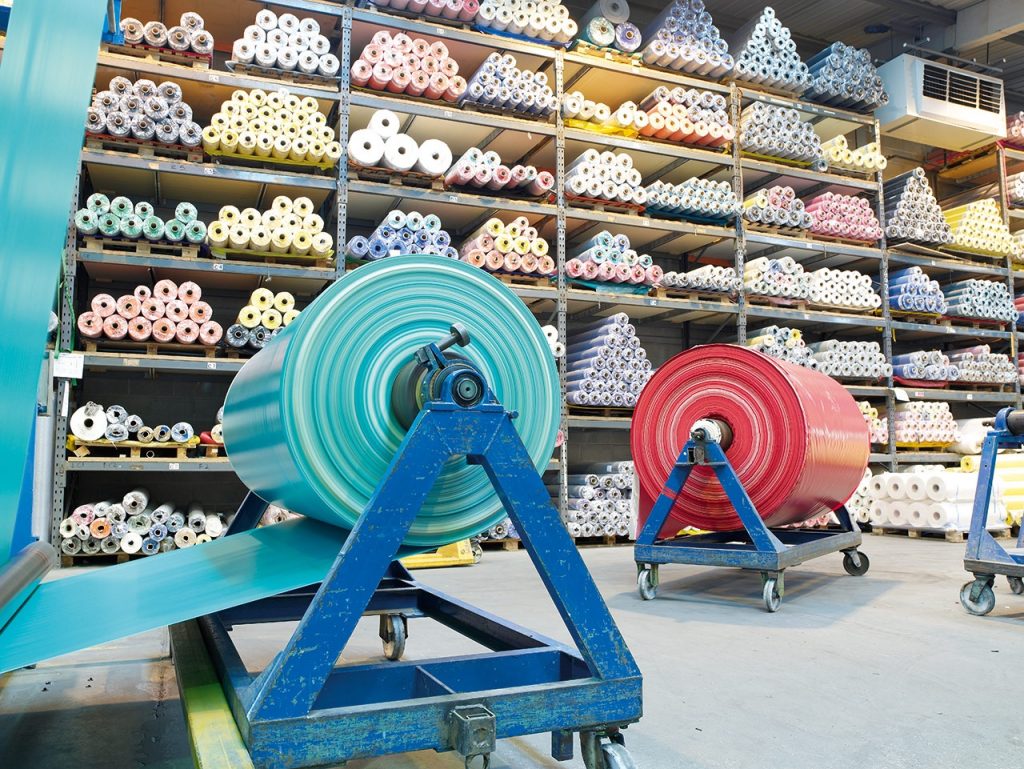
Cash is of supreme importance at the moment. Thankfully we have always been very prudent in our financial management, with a strong focus on cash, taking great care to ensure adequate headroom to deal with “shocks”, which means we start in a very good place.
Forecasts are important, but all we know for certain in this environment is that they will be wrong – so I try to avoid “over forecasting” as it can become a distraction. You could produce new scenarios on an hourly basis . We’ve done two forecasts in six weeks in detail and we’re monitoring headline changes in the base assumptions.. It is a bit more instinctive than analytical but forecasting and reforecasting in too much detail can be time consuming and counter-productive.
It does look like it will take longer to recover than I first thought, but we did assume a longer full stoppage than now looks likely – we’re currently looking at running at 50-60% of capacity for a few months and towards 70-80% by end of the year. This, of course, may change as things progress.
We had contingency plans in place for all kinds of things, including a downturn, but no-one plans for anything like this. As a manufacturing business, to not be manufacturing is crazy. One thing I am clear on is that this isn’t a time to dither. Debate but decide quickly and action those decisions. And keep an eye on the future. Opportunities do emerge out of chaos: we very much proved this in 2008/9.
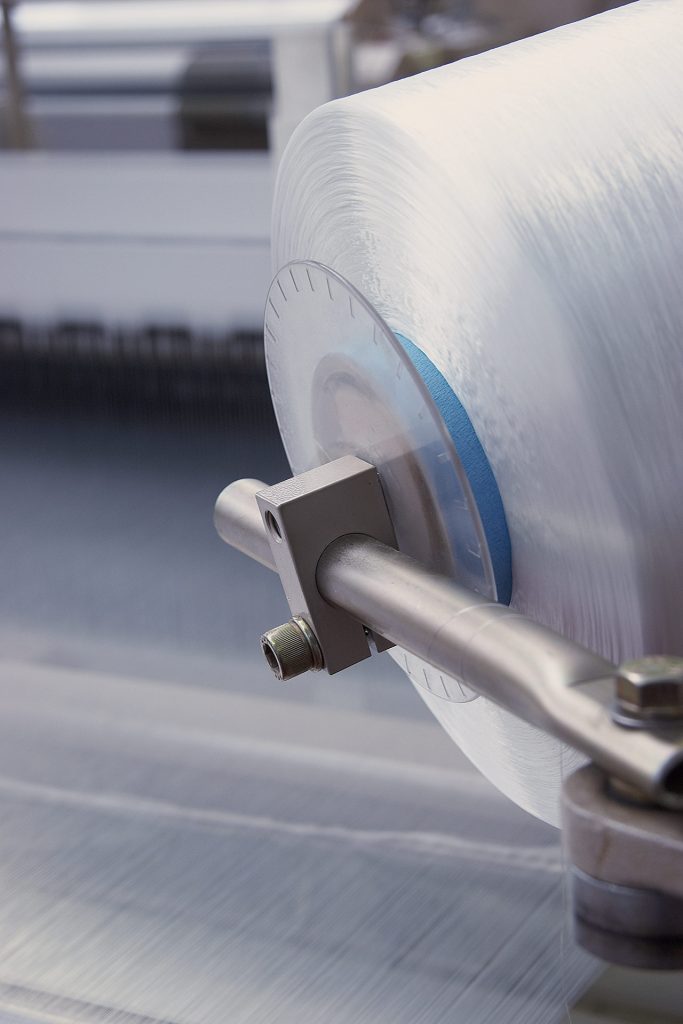
It is too early to say how this will shape our business and the wider industry but I do think it may favour manufacturing closer to where people need it which, as a UK manufacturing company, should help us. We’ve had a few enquiries already from UK firms who typically source out of the Far East. I don’t think it is going to change dramatically overnight but I think it may change the dynamic in the longer term.
Also what happened during the last economic downturn was that some of the bigger customers come out of it appreciating their supply base more than they did previously. That tends to be remembered, at least for a while afterwards.
Finally, I was in our warehouse yesterday loading rolls of fabric. There is an opportunity for management or senior people to see a little more of the coal face (which we should probably do more of anyway!). Tough times force us to reassess everything and we will inevitably see some changes in how we operate. That could be a positive.
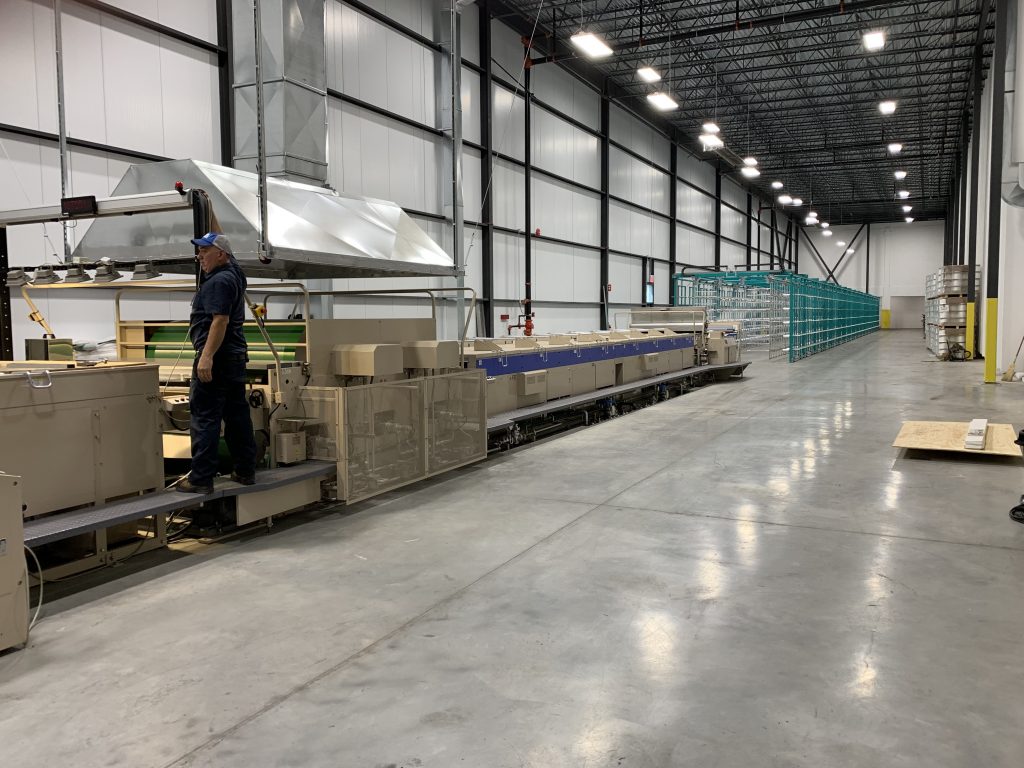
UKFT is in constant dialogue with the government and is outlining the latest support available for businesses on our website. We will update the details as and when the situation changes.
